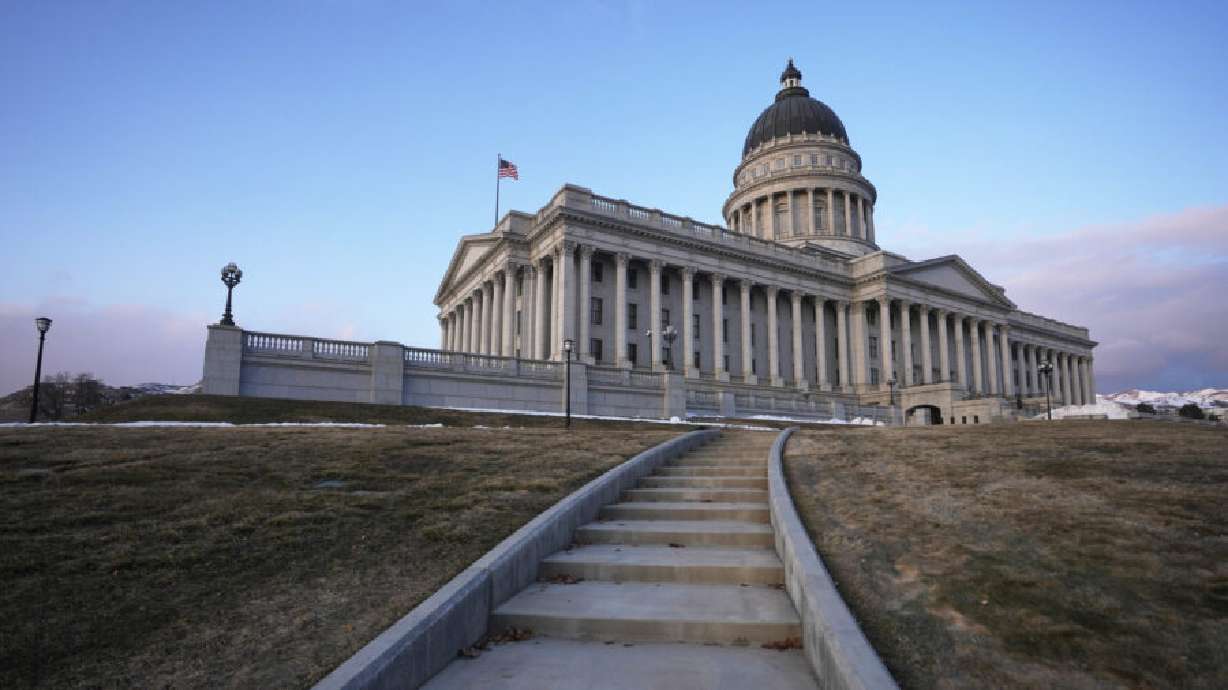Estimated read time: 3-4 minutes
This archived news story is available only for your personal, non-commercial use. Information in the story may be outdated or superseded by additional information. Reading or replaying the story in its archived form does not constitute a republication of the story.
LAYTON — Davis Behavioral Health has received $8.2 million in funding from the recent legislative session for a 60-unit apartment building for those struggling with substance abuse or mental health issues.
The apartment building will not only meet the rising need for permanent supportive housing but will also fit into the larger picture of reducing homelessness. During the recent session, the Utah Legislature approved $66.2 million for homeless services, which included funding for affordable housing, mental health services, shelters for families and the elderly, detox facilities and youth shelters in southern Utah.
The behavioral health investment of $11.1 million included $2.3 million to help address behavioral health workforce gaps, $351,200 for opioid-related supportive housing, as well as $185,000 for behavioral health licensee support and funding for the Davis Behavioral Health apartment building.
"We're excited about the additional supportive housing coming to Davis County. Housing wrapped with mental health services is desperately needed," said Wayne Niederhauser, state homeless coordinator.
The need for "step-down" facilities was discussed by lawmakers throughout the session, with Rep. Steve Eliason, R-Sandy, recalling a time an individual was released from the Utah State Hospital onto the street because there was no shelter bed available.
"First off, it's not a homeless shelter. We're not building anything to bring homeless people in off the street or anything like that," said Brandon Hatch, Davis Behavioral Health CEO.
"We've been buying and building housing so that our clients, when they get stabilized coming out of the hospital or out of treatment with us, they don't decompensate and end up homeless and mentally ill. We're trying to take an upstream approach to homelessness, we're really trying to address the symptoms that cause a lot of the homeless problems," Hatch said.
The 140 units currently owned and leased by Davis Behavioral Health throughout Davis County are intended for clients who will be leaving treatment and need housing. Over the years, Davis Behavioral Health has seen a significant increase in those seeking help.
"We are struggling to keep up with the number of beds available for this population," said Hatch, adding that the need prompted the request for funding to build the 60-unit building. Preliminary discussions have been held for a site at 850 S. Main in Layton, but the location has not been finalized.
The building will be staffed 24/7 with a controlled entrance, requiring check-in and check-out for guests. The building will include wrap-around services for residents and will feature a trauma-informed design. It'll be built near an outpatient clinic operated by Davis Behavioral Health.
"After they've overcome some of these issues and trauma and they're ready to move forward, even though this is permanent supportive housing, I anticipate that there'll be a number of them that will transition out. We have employment services at Davis Behavioral Health and will help them relearn the skills that have been lost because of their illness. The ability to work and go out and contribute," said Hatch.
The project is currently in its preconstruction phase but is projected to be finished by November 2025.










